PAR Migration Navigator
About the Project
PAR Migration Navigator was a non-commercial research project that aims to analyze processes unfolding at the crossroads of two cultures: Polish & Norwegian. In our research carried out between 2013-2016 we investigated how the similarities and differences between Polish and Norwegian societies influence the lives of individuals and couples who migrate between these two countries. The project partners were:
- University of Gdańsk (Project promoter),
- Institute of Psychology of the Polish Academy of Sciences,
- Centre for Intercultural Communication (SIK), Stavanger Norway,
- International Research Institute of Stavanger (IRIS),
- University of Stavanger (UiS), Norway
The project leaders:
Natasza Kosakowska-Berezecka
Institute of Psychology, University of Gdańsk (Coordinator of WP3 and Principal Investigator of PAR)
Magdalena Żadkowska
Institute of Philosophy, Sociology and Journalism, University of Gdańsk (Coordinator of WP1)
Kuba Kryś
Institute of Psychology, Polish Academy of Sciences (Coordinator of WP 2)
Øystein Lund Johannesen/Gunhild Odden
Centre for Intercultural Communication (coordinator of WP 4)
Gunn Vedøy
International Research Institute of Stavanger (WP 5)
These five institutions in Poland and Norway have established an international scientific consortium coordinating the 3-year project PAR Migration Navigator (WLB_GE). Its full title is Socio-cultural and Psychological Predictors of Work-Life Balance and Gender Equality – Cross-Cultural Comparison of Polish and Norwegian Families. Our project is divided into five main work packages, each coordinated by different institutions and covering various scientific goals and methodologies.
Longitudinal in-depth interviews, joint and individual, coordinated by Magdalena Żadkowska from the University of Gdańsk (Poland), focused on everyday practices and rites. Its main goals was to recognize patterns of balancing work and life and to understand the process of migrant couples’ integration while reaching some milestones of life, such as the birth of a child, starting a new job, or maternity/paternity leave.
The longitudinal psychological part was managed by Kuba Kryś from the Institute of Psychology at the Polish Academy of Sciences (Poland) and aimed to explore the mechanisms of change in attitudes that highly differentiate Polish and Norwegian societies and may lead to problems during the acculturation process.
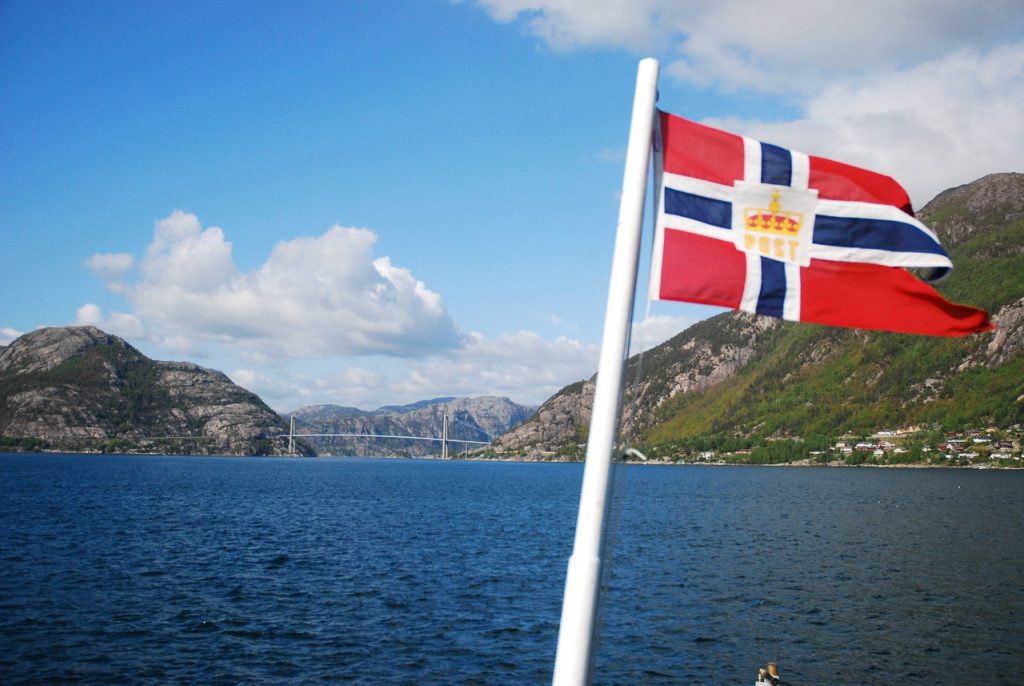
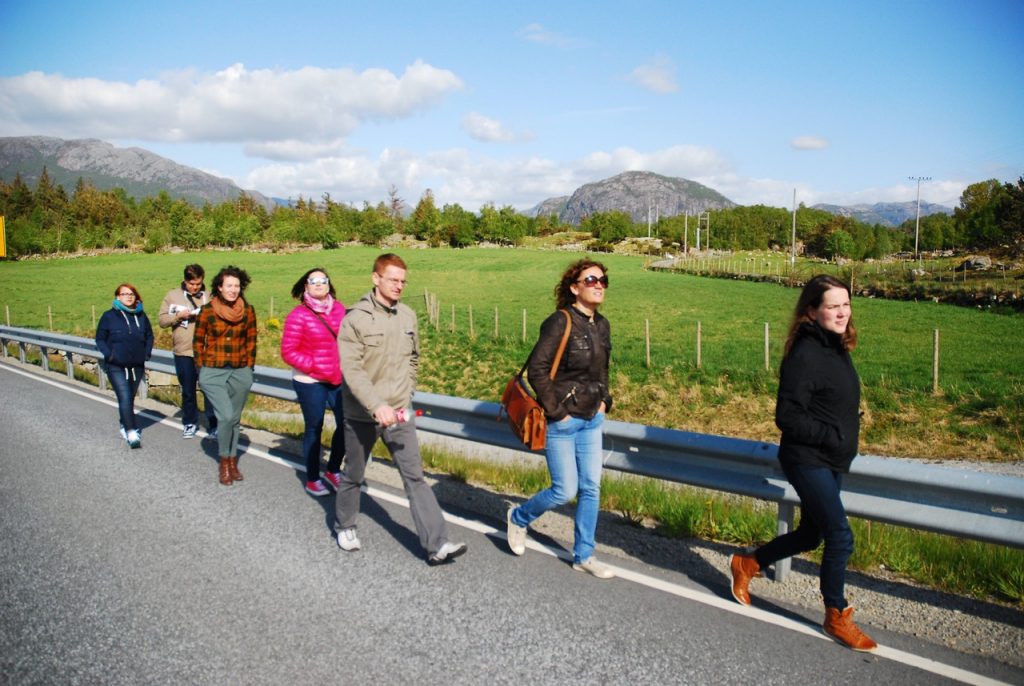
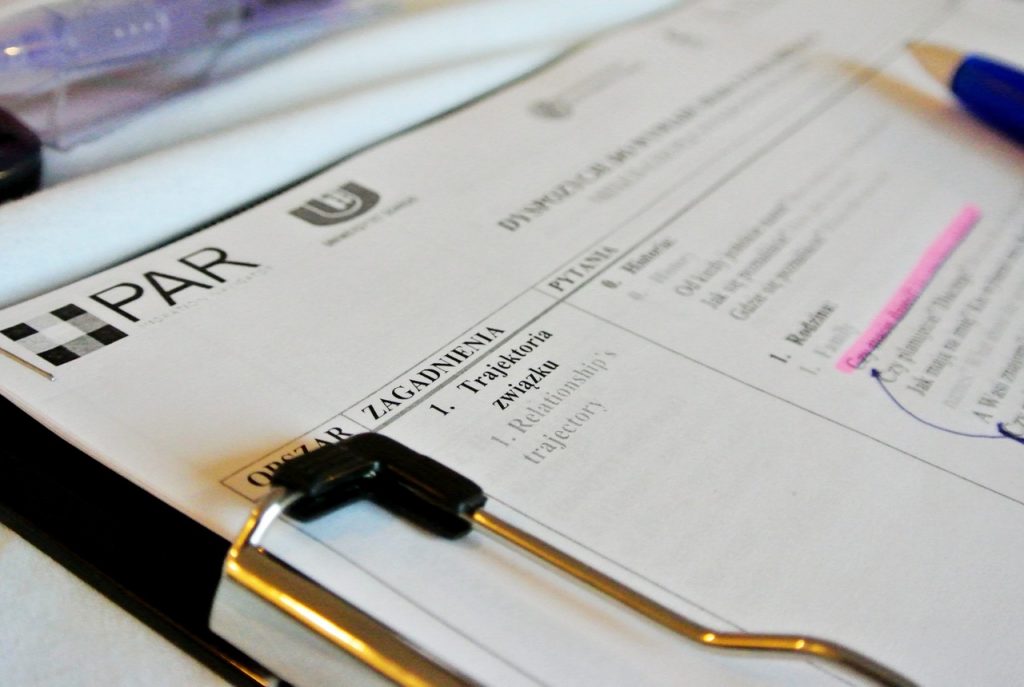
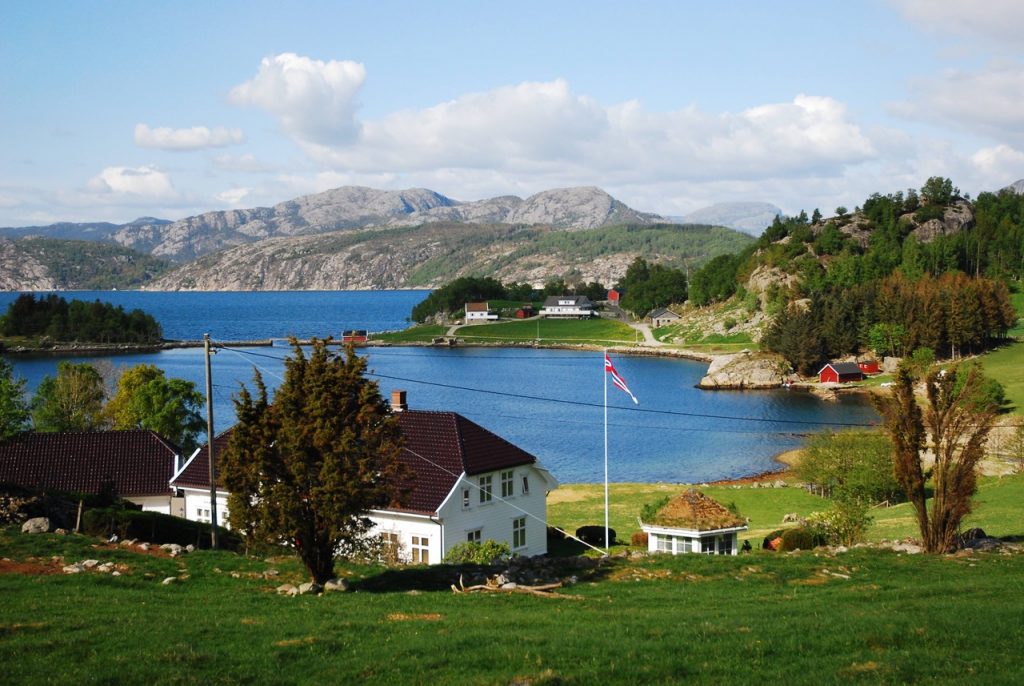
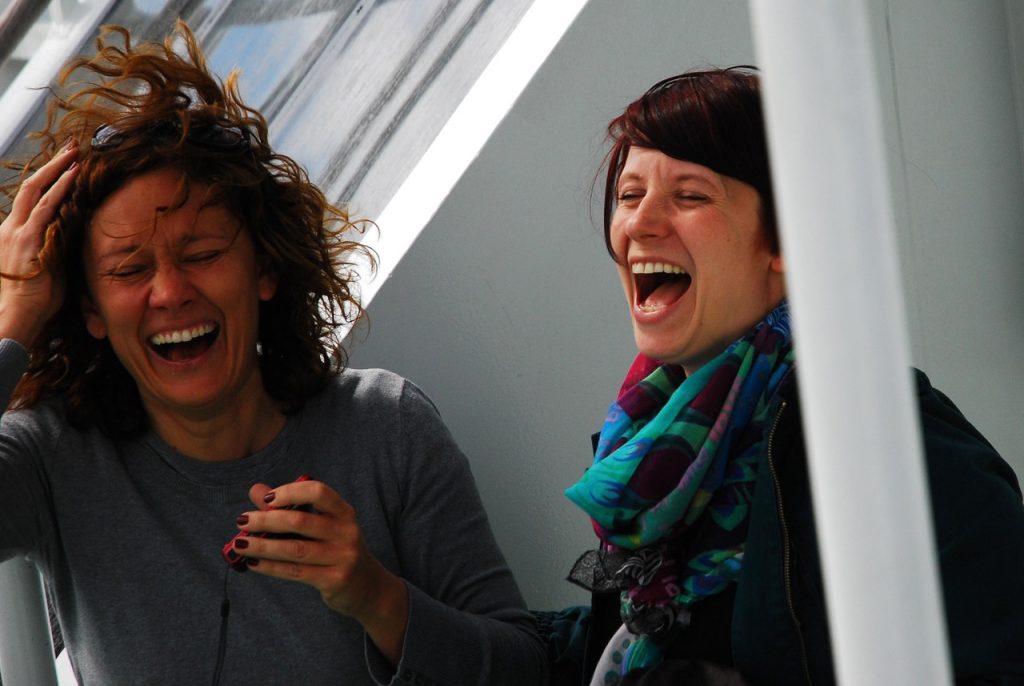
Psychological experiments were coordinated by Natasza Kosakowska-Berezecka from the University of Gdańsk and highlighted issues such as cross-cultural comparisons between Poland and Norway, and cultural clues in supporting work-life balance.
Studies on the conceptualization of childhood and parenthood were managed by the Norwegian team from the Centre for Intercultural Communication and were coordinated by Øystein Lund Johannessen. The main aim of this study was to gain new knowledge about how acculturation and adaptation to daily life and work in Norway influence parenthood practices. Other key-points were world views, attitudes and norms influencing migrating couples’ parenting styles and practices. The main methodological approach adopted in this sub-project was semi-structured interviews with Polish parents living and working in Norway.
The encounter and interaction between migrants and the public sector wass the focus of research for the International Research Institute of Stavanger and Gunn Vedøy. The aim of these studies was to explore how municipal public services in Norway, particularly the healthcare and education sector, met the needs of Polish migrants. In addition we askedd how values of gender and work life balance were addressed by the migrants’ employers and by public servants, and how these values were understood and adapted by Polish migrants. In this subproject the methods used were document studies and interviews with Polish couples and with public servants and official representatives of three municipalities in the county of Rogaland, Norway.
This project was funded by Norway Grants in the Polish-Norwegian Research Programme, operated by the National Centre for Research and Development in Poland. Our project (acronym WLB_GE) was highly ranked – 2nd place among all the projects funded within Core Call 2012.
Our outputs can be found here:

A Manual For Trainers

A Couple’s Navigator

PAR Migration Navigator
Other PAR Migration Navigator Publications:
Herzberg M. (2015). Emigration as an emancipatory project. Narratives on experiences of Polish women in Norway. Current Issues In Personality Psychology, 3, 175–184. DOI: 10.5114/cipp.2015.53191
Gajewska, M; Gjerstad, B; Nødland, S I; Vedøy, G; Żadkowska, M. (2016). Strange Heaven—The Social Implications of Nikola’s Case. Miscellanea Antropologica et Sociologica V 17. (51-69). https://maes-online.com/api/files/view/151296.pdf
Gajewska, M; Żadkowska, M. (2018). The Polish experience of childbirth in Norway as an element of acculturation of Poles: narrative analysis. In: M. Ślusarczyk, P. Putsłka, J. Struzik. Contemporary migrant families : actors and issues (74-93), Newcastle upon Tyne: Cambridge Scholars Publishing.
Gjerstad, B., Nødland, S. i., Vedøy, G. (2017). Arbeidsinnvandrerfamilier og brukervennlighet I kommunale tjenester. In: Vedøy, G. Ledelse i og av flerkulturelle skoler. Oslo: Universitetsforlaget.
Kosakowska-Berezecka, N., Safdar, S., Bhardwaj, G., Jurek, P. (2018). Evaluations of men in domestic roles in Canada, Norway, Poland, & India. Journal of Men’s Studies, 26(2), 143-156. doi:10.1 177/10608265177734379
Kosakowska-Berezecka, N., Żadkowska, M., Gjerstadt, B., Krys, K., Kwiatkowska, A., Odden, G., Ryndyk, O., Świdrak, J., Vedoy, G. (2018). Migration, gender roles and work-life balance – the role of welfare state and culture in creating new masculine and feminine roles within families. In M. R. T. de Guzman, J. Brown, C. P. Edwards (Eds.), Parenting From Afar: The Reconfiguration of the Family Across Distance (pp. 90–111). Oxford: University Press.
Kryś, K.; Świdrak, J.; Kwiatkowska, A.; Kosakowska-Berezecka, N., Vedøy, G. (2017). Organizations Do Not Support Migrants in Solving their Work-Life Conflict. International Journal of Stress Management. doi:10.1037/str0000070
Kosakowska-Berezecka, N., Besta, T., Adamska, K., Jaśkiewicz, M., Jurek, P., Vandello, J.A. (2016). If My Masculinity is Threatened I Won’t Support Gender Equality? The Role of Agentic Self-Stereotyping in Restoration of Manhood and Perception of Gender Relations. Psychology of Men & Masculinity, 17, 274-284. doi:10.1037/ men0000016
Kossakowski, R., Herzberg-Kurasz, M., Żadkowska, M. (2016). Social pressure or adaptation to new cultural patterns? Sport-related attitudes and practices of Polish migrants in Norway. In: Mucha, J., Migration and the transmission of cultural patterns (59-74). Kraków : Wydawnictwo AGH, 2016.
Nødland, S I; Gjerstad, B; Vedøy G. (2016). Arbeids-innvandrer-familiers møter med kommunale tjenester. Norsk stats-vitenskapelig tidsskrift. https://www.idunn.no/nst/2016/02
Odden, G. (2016). They believe dirty kids mean happy kids”. Polish female migrants on being a mother in Norway. Miscellanea Anthropologica et Sociologica V.17. (35-49). https://maes-online.com/resources/html/article/details?id=145236
Rancew-Sikora, D., Żadkowska, M. (2017). Receiving guests at home by nationally mixed couples : the case of Polish females and Norwegian males. Studia Migracyjne – Przegląd Polonijny. (4/2017), (61-86). http://www.kbnm.pan.pl/images/pdf/SM_PP_4_2017/St.Migr.-4-17-4-D.Rancew-i-in.pdf
Ryndyk, O. (2016). Re-thinking Fatherhood and Manhood among Polish Migrant Fathers in Norway. Miscellanea Anthropologica et Sociologica V17. (17-34). https://maes-online.com/api/files/view/151292.pdf
Ryndyk, O., Johannessen, Ø. L. (2015). Review of research literature on parenting styles and childrearing practices among Poles. Historical and contemporary perspectives. SIK-report serie. https://brage.bibsys.no/xmlui/bitstream/handle/11250/2354170/2015.3.SIK-report.pdf?sequence=1
Slany, K., Żadkowska, M. (2017). Mixed relationships and marriages in the context of migration and multiculturalism. Studia Migracyjne – Przegląd Polonijny. (4/2017), (5-12). http://www.kbnm.pan.pl/images/pdf/SM_PP_4_2017/St.Migr.-4-17-1-K.Slany-i-in.pdf
Żadkowska, M., Szlendak, T. (2016). Egalitarian capital gained in Norway or brought from Poland? Experiences of migration and gender equality among Polish couples in Norway. In: Ducu, V., Telegdi-Csetri, A. Managing difference in Eastern-European transnational families (97-112). Frankfurt am Main : Peter Lang.
Żadkowska, M. (2017). Kaufmann’s comprehensive interview applied in a longitudinal study of migrant couples : notes from the field. Romanian Journal of Population Studies. V11. (59-78). doi: 10.24193/RJPS.2017.1.04
Żadkowska, M., Kosakowska-Berezecka, N., Ryndyk. O. (2018). Two worlds of fatherhood – comparing the use of parental leave among Polish fathers in Poland and in Norway. In: K. Slany, E. Guriye, P. Pustułka, M. Ślusarczyk. Transnational Polish Families in Norway: Social Capital, Integration, Institutions and Care (173-198), Warsaw: Peter Lang International Academic Publishers. doi 10.3726/978-3-653-06594-7
Partners Institutions
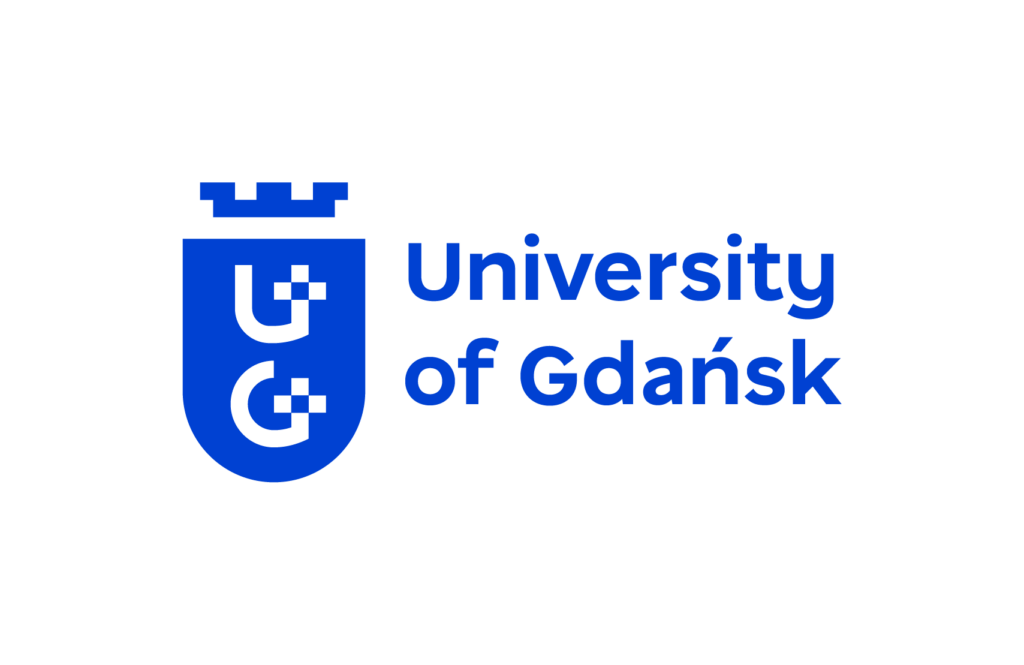
University of Gdańsk (UG)
University of Gdańsk (UG) is the largest educational institution in the Pomerania region. There are eleven faculties with almost 33.000 students, PhD students and post-graduates, who are taught by 1700 academic tutors. The University of Gdańsk cooperates with other universities, tertiary colleges and scientific and research institutions in almost every country around the world. We have experience in implementation of projects within the European Union’s Framework Programmes and one of our greatest successes is the recognition of several European centres and networks of excellence in the 5th, 6th & 7th Framework Programme. A significant element of international cooperation is the joint organisation by the University of Gdańsk and other research centres of conferences and symposia as well as participation of the University in consortia realising broad-ranging research programmes. During last 6 years we have built up an effective network of both scientists and practitioners specializing in gender equality and work-life balance issues. They form consortia successfully realizing both scientific and applied projects aiming at empowering both men and women across the world.

Centre for Intercultural Communication (SIK)
Centre for Intercultural Communication (SIK) is an independent research centre from Stavanger (Norway), active in the fields related to international cooperation, immigration, integration and multiculturalism. Over the last few years, the field of international migration is one of SIK’s priority research areas. SIK is associated with the European Master in Migration and Intercultural Relations (EMMIR) at the University of Stavanger and, accordingly, contributes to this programme within coordination, teaching and research (both in Norway and abroad). SIK is experienced with co-ordinating larger research projects and holds an international profile with a special focus on action-oriented interdisciplinary research.

International Research Institute of Stavanger (IRIS)
International Research Institute of Stavanger (IRIS) is a research institute which conducts research in the fields of Energy, Marine Environment and Social Sciences. The institute is owned by Rogaland Research and the University of Stavanger.
Migration and public services are both prioritized research areas of IRIS Social Sciences, and our project portfolio covers a wide range of themes in these areas. The researchers at the institute are experienced in cross-disciplinary research and publish in both national and international journals

Polish Academy of Sciences
The Polish Academy of Sciences is a prestigious scientific institution acting through an elected corporation of top scholars and research institutes. It has become a major scientific advisory body through its scientific committees. Members of the Institute of Psychology engage in studies spanning various psychological areas including cross-cultural psychology and migration studies. Our experts conduct also applied research projects addressing the needs of Polish society.
